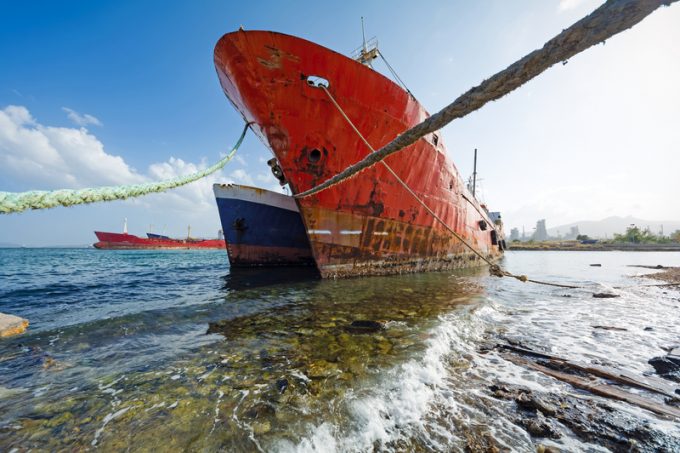Carriers could correct charter market boom
A charter market correction could be looming amid the deterioration in spot rates. Citing the ...

Boxship demolitions are not expected to surge until 2026 and 2027, according to Linerlytica’s latest report, today.
Liner operators continuing to deploy older vessels has pushed the average scrapping age to 27.3 years, up from the 24.2 average between 2010 and 2020.
The average age of the containership fleet today is 13.8 years, although it drops to 11.1 if calculated on a teu/weighted basis, due to the average larger ship being younger.
Among the top 15 carriers, MSC has the oldest fleet, with ...
Maersk u-turn as port congestion increases across Northern Europe
Apple logistics chief Gal Dayan quits to join forwarding group
Transpac rates hold firm as capacity is diverted to Asia-Europe lanes
Maersk Air Cargo sees volumes fall as it aims for 'margin in favour of revenue'
Houthis tell Trump they will end attacks on Red Sea shipping
Airlines slash freighter capacity post-de minimis, but 'the worst is yet to come'
MSC revamps east-west network as alliance strategies on blanking vary
India-Pakistan 'tit-for-tat' cargo ban sparks sudden supply chain shocks

Comment on this article